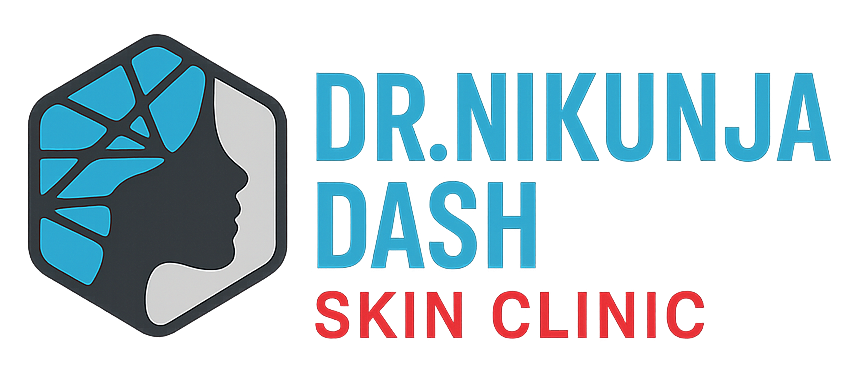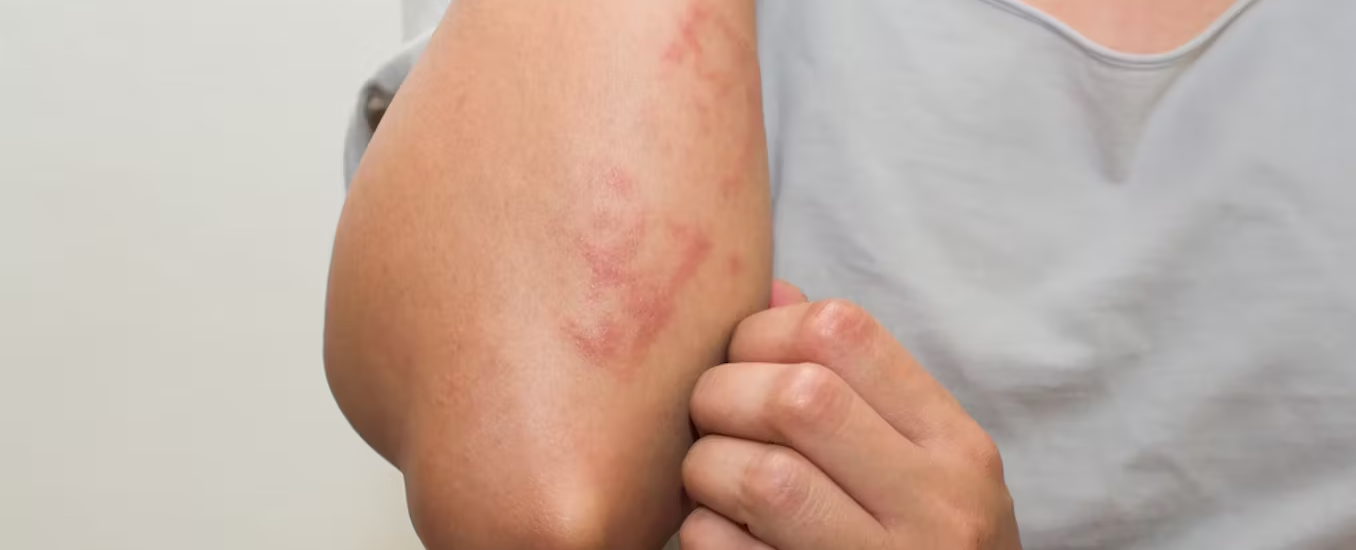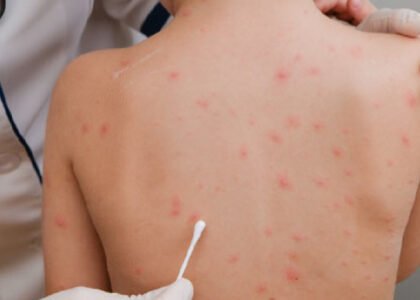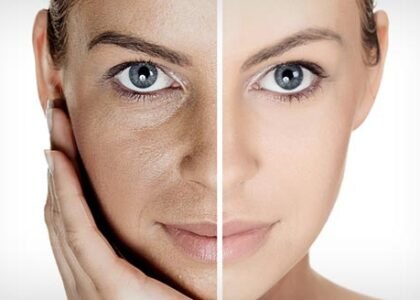Skin Allergies / Skin Rash Treatment
Skin Allergies / Skin Rash in Bhubaneswar
Skin allergies and rashes are common dermatological issues that occur when the skin reacts to allergens or irritants. They may present as redness, itching, swelling, blisters, or dry, scaly patches. Understanding the cause and starting the right treatment early is key to fast relief and preventing complications.
What are Skin Allergies & Rashes?
Skin allergies and rashes are inflammatory reactions that appear on the skin in response to certain triggers. These triggers can be internal (immune-related) or external (such as contact with an irritant or allergen). Common skin allergic conditions include eczema (atopic dermatitis), contact dermatitis, urticaria (hives), and drug or food allergies. Rashes can also result from infections, insect bites, autoimmune diseases, or systemic health issues. While many allergic rashes are not contagious, they can cause significant discomfort, itching, and irritation. Identifying the underlying cause is essential for effective treatment and prevention.
Symptoms of Skin Allergies
Itching (mild to severe)
Redness and inflammation
Dry, scaly, or cracked skin
Blisters or oozing bumps
Swelling of affected area
Burning or stinging sensation
Raised, red welts or hives (urticaria)
Darkened or thickened skin in chronic cases
Causes of Skin Allergies / Rashes
Allergens – Pollen, pet dander, dust mites, mold, and certain foods
Irritants – Soaps, detergents, perfumes, cosmetics, and cleaning products
Insect Bites – Especially mosquitoes, bees, or mites
Medications – Antibiotics, NSAIDs, or anticonvulsants may cause drug-induced rashes
Heat or Sweat – Prickly heat (miliaria) caused by sweat gland blockage
Fabrics & Dyes – Reaction to synthetic materials or chemical dyes in clothes
Autoimmune Conditions – Lupus, psoriasis, or dermatomyositis
Infections – Bacterial, fungal, or viral infections may present as rashes
Stress or Hormonal Fluctuations – Can trigger or worsen allergic skin conditions
Treatments for Skin Allergies & Rashes
✅ 1. Topical Medications
Corticosteroid Creams/Ointments (e.g., hydrocortisone): Reduce inflammation and itching
Calcineurin Inhibitors (e.g., tacrolimus, pimecrolimus): Used in eczema when steroids are not preferred
Antihistamine Creams: Relieve allergic itching and hives
Moisturizers/Emollients: Rehydrate dry skin and repair skin barrier
✅ 2. Oral Medications
Antihistamines (e.g., cetirizine, loratadine, hydroxyzine): Control allergic responses and reduce itching
Oral Corticosteroids (e.g., prednisone): For severe allergic rashes or widespread inflammation
Antibiotics or Antifungals: Used if secondary bacterial or fungal infection develops
Immunosuppressants: In chronic cases like eczema or autoimmune-related rashes
✅ 3. Advanced & Clinical Treatments
Allergy Testing (Patch or Blood Test): To identify specific allergens
Phototherapy (UV Light Therapy): For chronic eczema or psoriasis
Biologic Drugs (e.g., Dupilumab): Used in moderate to severe atopic dermatitis unresponsive to standard treatment
Immunotherapy: For people with recurrent, severe allergies (like pollen or dust mites)
✅ 4. Natural Remedies & Home Care
Cool Compress: Helps reduce itching and inflammation
Oatmeal Baths: Soothing for irritated or inflamed skin
Aloe Vera Gel: Natural anti-inflammatory and healing properties
Coconut Oil or Shea Butter: Moisturizes and calms irritated skin
Avoid Scratching: To prevent skin damage and infections
Loose Cotton Clothing: Reduces friction and irritation






